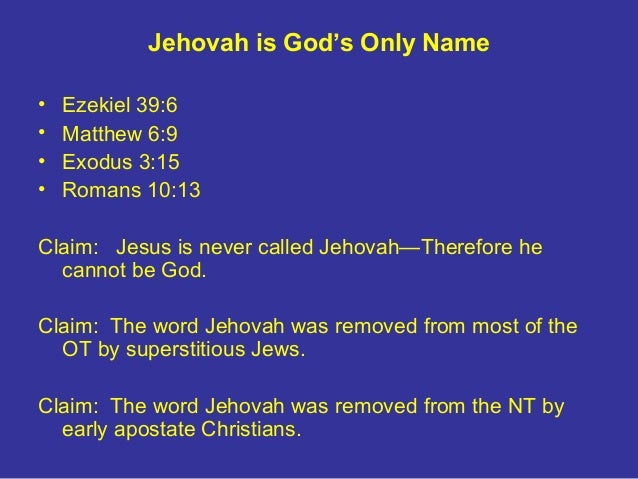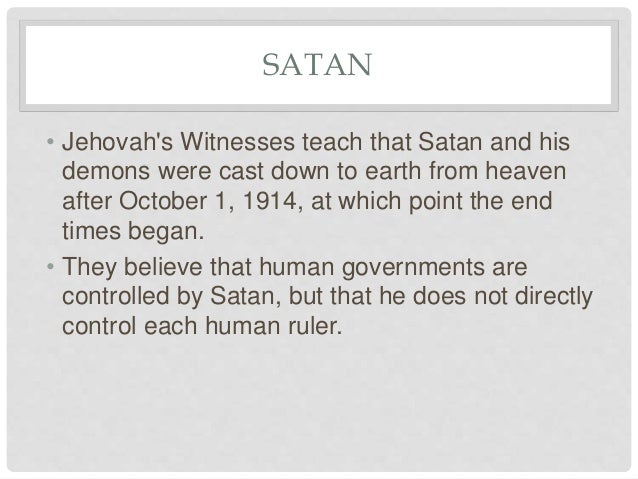

With some exceptions, the Roman Catholic Church requires that its clergy be celibate. Indulgences are still issued today, even though they are not commercialized as they were in the late medieval era thanks to reforms made in the Counter-Reformation.

This enraged many theologians and pastors, including Martin Luther.

What is more, the popes allowed for the sale and purchasing of indulgences, typically to help raise funds for their magnificent buildings and other projects.

These indulgences could be obtained for oneself or a loved one. This meant shortening one’s time in Purgatory. In particular, the popes claimed that one could obtain indulgences from the Church, which could reduce the temporal punishment due for sins committed on earth. One of the major controversies during the Protestant Reformation on the Pope’s claim to special access to the treasury of merit. Protestants are typically skeptical of this distinction. It is important to remember that Roman Catholics do not understand themselves to be worshipping the saints they seek to honor them (dulia) while recognizing God alone as worthy of divine worship (latria). Roman Catholics will pray to Christ or any variety of saints, beseeching them for such benefits. It is inexhaustible due to Christ’s own infinite merit. Roman Catholics also hold to the idea of the “treasury of merit.” Roughly speaking, this is a sort of “bank” of grace, in which the merits of Jesus Christ and His holy saints are stored and can be accessed for the benefit of other Christians. They do not remain there permanently, and they are never sent to the Lake of Fire. All those in Purgatory will reach heaven eventually. It may be helpful for Protestants to understand purgatory as sanctification extended even after death, until one is truly transformed and glorified in perfect holiness. This includes punishment for sins committed in one’s earthly life. Roman Catholics believe in purgatory, a state in the afterlife in which a Christian’s sins are purged away, typically through suffering. You can read more about how the Bible was finalized in these articles: Protestants, on the other hand, read these books only for examples of life and instruction of manners. However, Catholicism also recognizes the collection of books called the Apocrypha to be within the canon of Holy Scripture. Roman Catholic Bibles contain all the books one would find in Protestant editions. In contrast, the Roman Catholic leadership maintained that both should remain in Latin. At the time, Protestants also fought to translate the liturgy and the Bible into the language of the people. The Protestant reformers (Lutherans, Anglicans, and the Reformed) and the Radical Reformers (Anabaptists) disagreed with the Pope and his allies over issues of authority, Scripture, soteriology (the doctrine of salvation), and sacramental theology (the doctrines surrounding Holy Baptism and Holy Communion). The Roman Catholic Church experienced another rupture about five hundred years later during the Reformations. Since both Peter and Paul were such important and prominent apostles, Rome became an important pilgrimage site for Christians who wanted to visit their graves and worship near where they were buried. 155-240) reported that Peter died in the same place as Paul, and it is commonly believed that Paul was martyred in Rome. Simon Peter ministered in Rome, serving as its first bishop (the term “bishop” is an English contraction of the biblical Greek word episkopos, often translated as “overseer” in modern Protestant translations of the New Testament). Irenaeus of Lyons (130-202) all speak as if St. Paul himself wrote an epistle to the church in Rome, and the Book of Acts records some of his dealings there. Although we do not have records of the first Christian missionaries to Rome, it is evident that a church existed there as the New Testament Scriptures were being written. The Church at Rome, which would later develop into what we know as Roman Catholicism, was started in the apostolic times (circa AD 30-95). Where did the Roman Catholic Church come from?


 0 kommentar(er)
0 kommentar(er)
